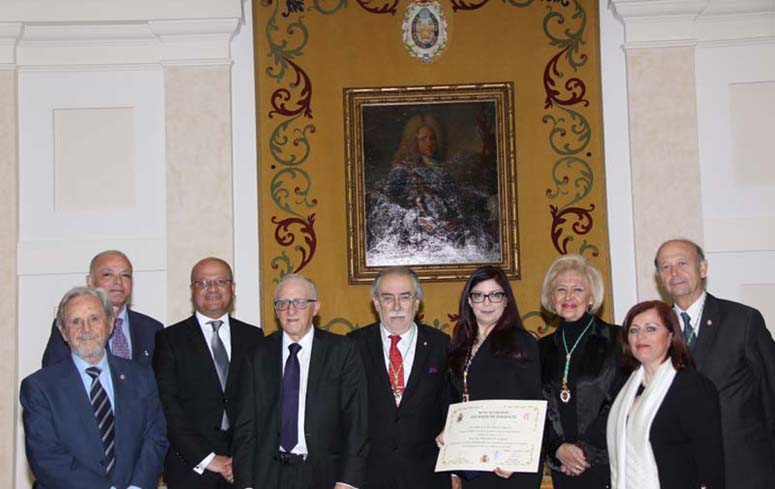Lilian M. Azzopardi is a professor of pharmacy at the University of Malta, Faculty of Medicine and Surgery. She is currently the Head of Department of Pharmacy at the University of Malta. She has an extensive academic experience locally and at an international level and she has spearheaded innovative introductions in pharmacy education that are directed to meet the needs of the health services and the pharmaceutical industry. She has been leading the innovative post-graduate international doctorate in pharmacy offered by the Faculty of Medicine and Surgery of the University of Malta in collaboration with the University of Illinois at Chicago.
Professor Azzopardi is well acknowledged in the international field for her ability to ingrain in the education process ways how to combine the fundamental sciences with the practice areas to meet the needs of stakeholders. Her ability to do this is enhanced by her experience as a pharmacist in practice in hospital and community pharmacy as well as in the pharmaceutical industry.
Professor Azzopardi has been recognised through research awards by the International Pharmacuetical Federation (FIP) and the European Society of Clinical Pharmacy (ESCP). She served as Director and a member of the Publications Committee of the ESCP and was co-chair of the working group of the International Pharmaceutical Federation Nanjing Statements on Pharmacy and Pharmaceutical Sciences Education launched in 2016. She is at present the President of the European Association of Faculties of Pharmacy.
She has published several papers and books mainly related to quality systems, pharmacist interventions in patient care focusing on collaborative practices, and pharmacy education. She has published over 100 papers and scientific communications and a number of internationally-renowned textbooks.
Pharmacy Education: Merging Science and Practice
The characteristic of a pharmacist is the expertise on medicinal products. This expertise spans from the pharmacological basis of the use of the product, the pharmaceutical technology employed in the manufacture and the subsequent requirements for the handling of the product, the pharmaceutical regulatory processes required to ensure products that are safe, of quality and effective, and the pharmaceutical processes related to access, rationale use, risk management and patient support. The integration of fundamental sciences in patient-oriented pharmacy curricula is essential to achieve the science-focused pharmacist who is equipped to give the specific expertise and contribute to innovative medicinal products, patient safety and patient management.
From an education perspective, academia needs to move in tandem with developments in the profession. How do we integrate pharmaceutical sciences with clinical pharmacy education? How to co-ordinate with practice sites to develop experientials and pharmacy practice research?

